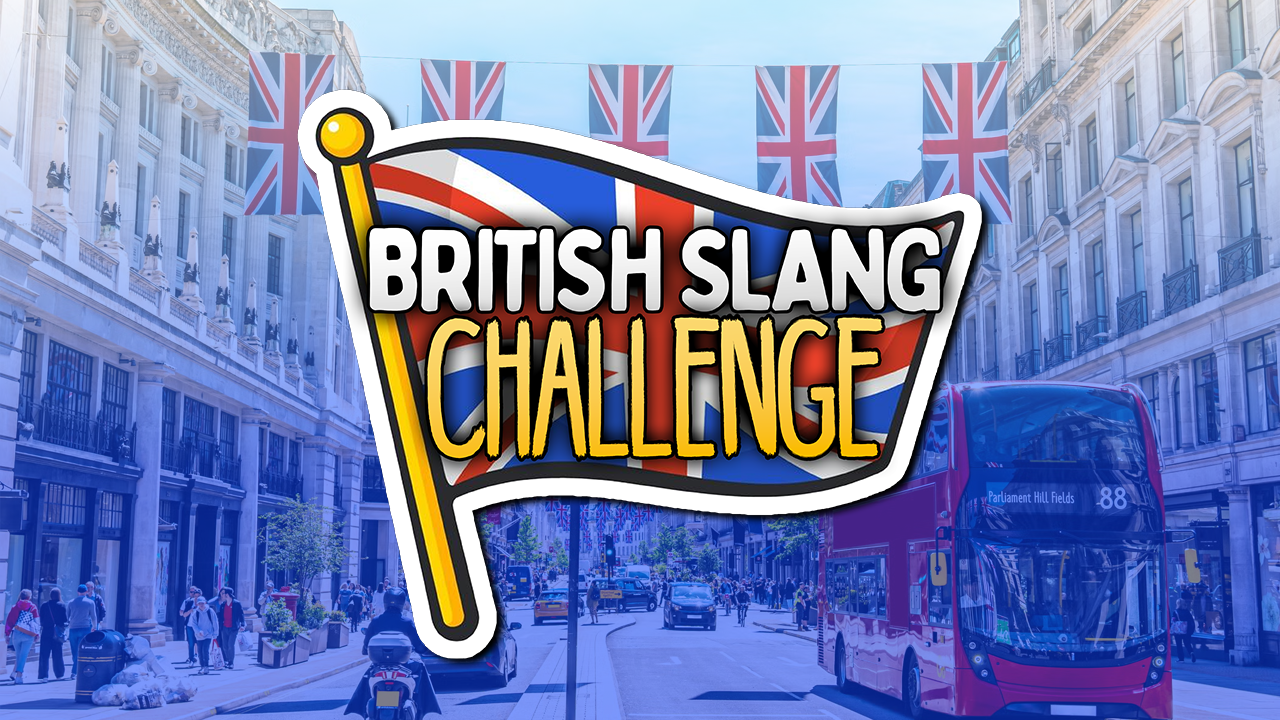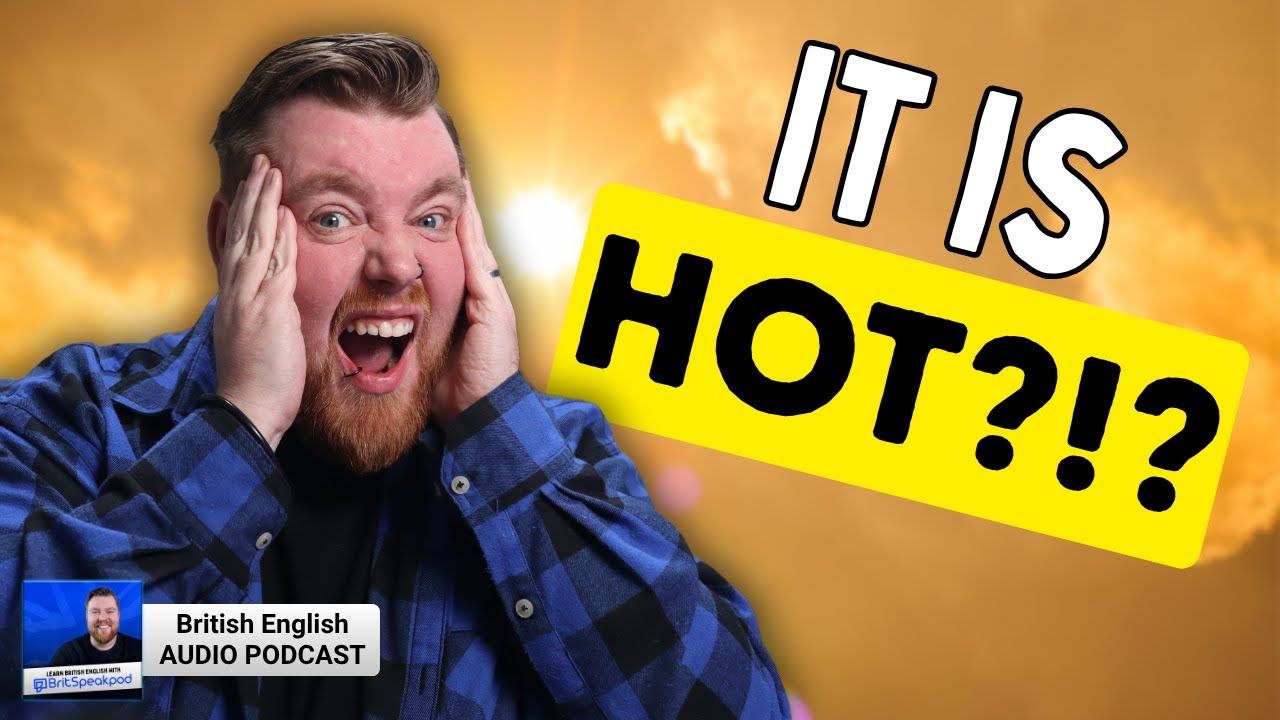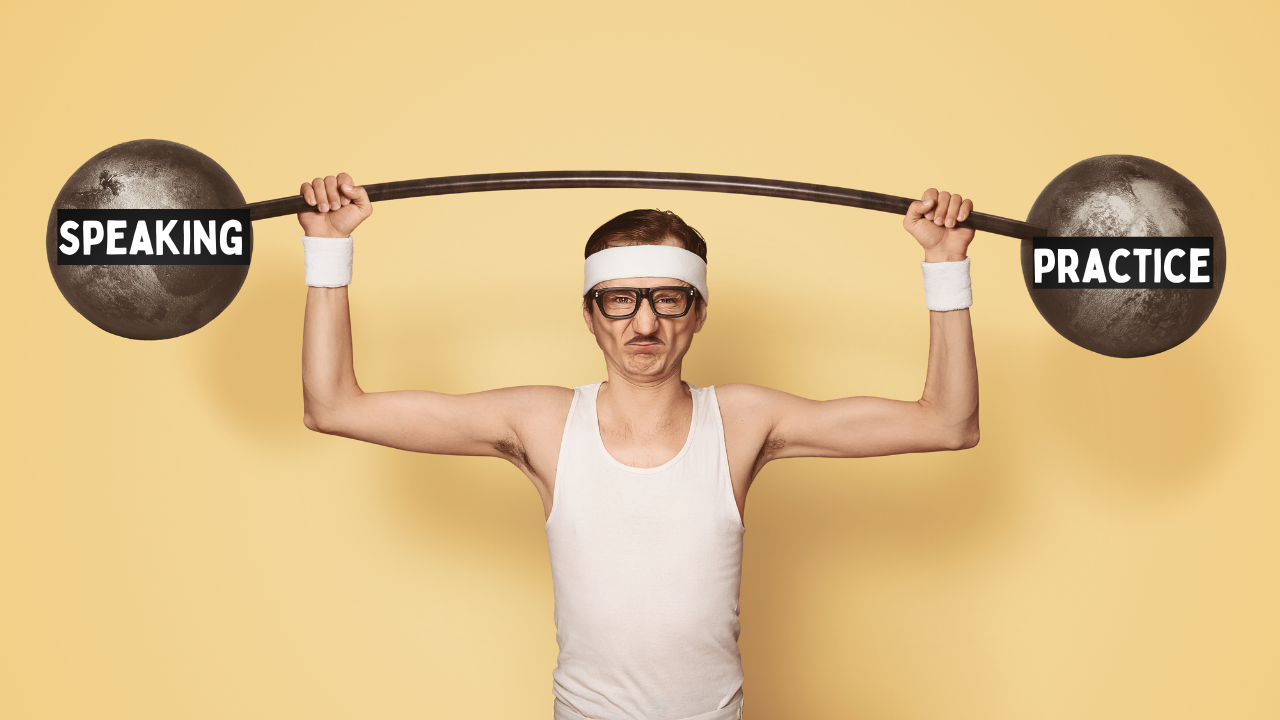10 Most Used British Slang Words [With definitions]

Whether you are watching your favourite British TV show, or chatting with some British mates down the pub, chances are that you have encountered some pretty weird words and expressions that you have not been able to find in your textbooks. It can be pretty confusing, right? Welcome to the world of British Slang.
Why Do I Need To Know British Slang?
Even though these British slang words are part of the English language, in the UK, they can take on a totally different meaning, or just be completely new to you. It sometimes feels like a whole new bloody language.
Not only that, but different words are used in different areas of the UK. The words used in London are not always the same as the ones used in Manchester. It can also vary depending on how old the person is. It is enough to drive you up the wall!
If you are travelling around the UK, watching British TV shows, or communicating with Brits in your daily life, it is a good idea to learn these really common slang words so you don't end up feeling confused or lost.
Watch The Video:
10 most used British Slang words & Expressions:
Cheers:
This common word is used as a casual way of saying “thank you” or “goodbye.” It’s usually heard in pubs, restaurants, and among friends. For example, “Cheers for the help, mate. Cheers!”
Bloke:
This slang term is used to refer to a man, usually in a friendly and informal way. It’s normally used in conversations among friends or when sharing stories about people you know. For instance, you could say, “I met this bloke at the party last night, and we had a great chat.”
Chuffed:
When someone is “chuffed,” it means they are delighted or proud. This one is often used to express satisfaction or happiness related a personal achievement or positive outcome. For instance, you might say, “She was chuffed to bits when she received the promotion she had been working hard for.”
Gutted:
This slang word describes a feeling of disappointment or sadness. If something bad happens, or you miss out on something, you can use this one. For example, “I was absolutely gutted when I realised I had missed the last train.”
Knackered:
This colloquial term is almost always used to express physical or mental fatigue. It means being exhausted or extremely tired due to doing to much or a lack of rest. For instance, after a long day at work, you might say, “I’ve been working all day, and I’m absolutely knackered.”
Brolly:
Short for umbrella, this slang word is commonly used to refer to those things you use to keep the rain off of you. It’s a lighthearted term that you’ll often hear in conversations about the weather or when reminding someone to prepare for rain. For example, you might say, “Don’t forget your brolly; it’s going to rain today.”
Dodgy:
When something or someone is “dodgy,” it means they are questionable, unreliable, or suspicious. This term can refer to a person, situation, or object that makes you skeptical or doubtful. For instance, if someone suggests a deal that looks too good to be true, you could say, “I wouldn’t trust that website mate; it looks a bit dodgy.”
Quid:
This popular slang term is used to refer to the British pound, similar to how “bucks” is used for dollars in American English. It’s a casual and widely recognised term for the currency in the UK. For example, you might ask a friend, “Could you lend me a few quid for lunch?”
Brill:
It is the shortened version of “brilliant” Used to express something as fantastic, excellent, or amazing, this positive term conveys excitement or admiration. It’s commonly said to describe enjoyable experiences, achievements, or outstanding performances. For instance, after attending an incredible concert, you could say, “The concert last night was brill!”
Mint:
This slang word is used to describe something as excellent, fantastic, or in some cases, perfect condition. It can also be used to express admiration or approval. For example, if you have a delicious meal, you might say, “This food is mint!” or if you see a well-maintained car, you could say, “That car’s mint!”
How Can I Learn Even More British Slang?
These 10 words will help you a lot, but it is just the tip of the iceberg! If you want to take your knowledge of British Slang words and expressions to the next level, you should try my British Slang Challenge mini-course!
From the most common British English expressions, to listening and speaking practice! It also includes explanations of the most common British expressions with video lessons so you can practice your pronunciation and listening skills too!
Start Making Real Progress And Communicate More Confidently Today

Download your FREE BritSpeak Roadmap and start building fluency and confidence in English. It will help you...
- Understand what skills you need to work on next
- Make a plan for how to work on those skills
- Learn the best way to make progress quickly
Enter your details below to get the Roadmap for FREE.
You will also be added to the mailing list. You can unsubscribe at any time. I will never spam you or sell your details.







